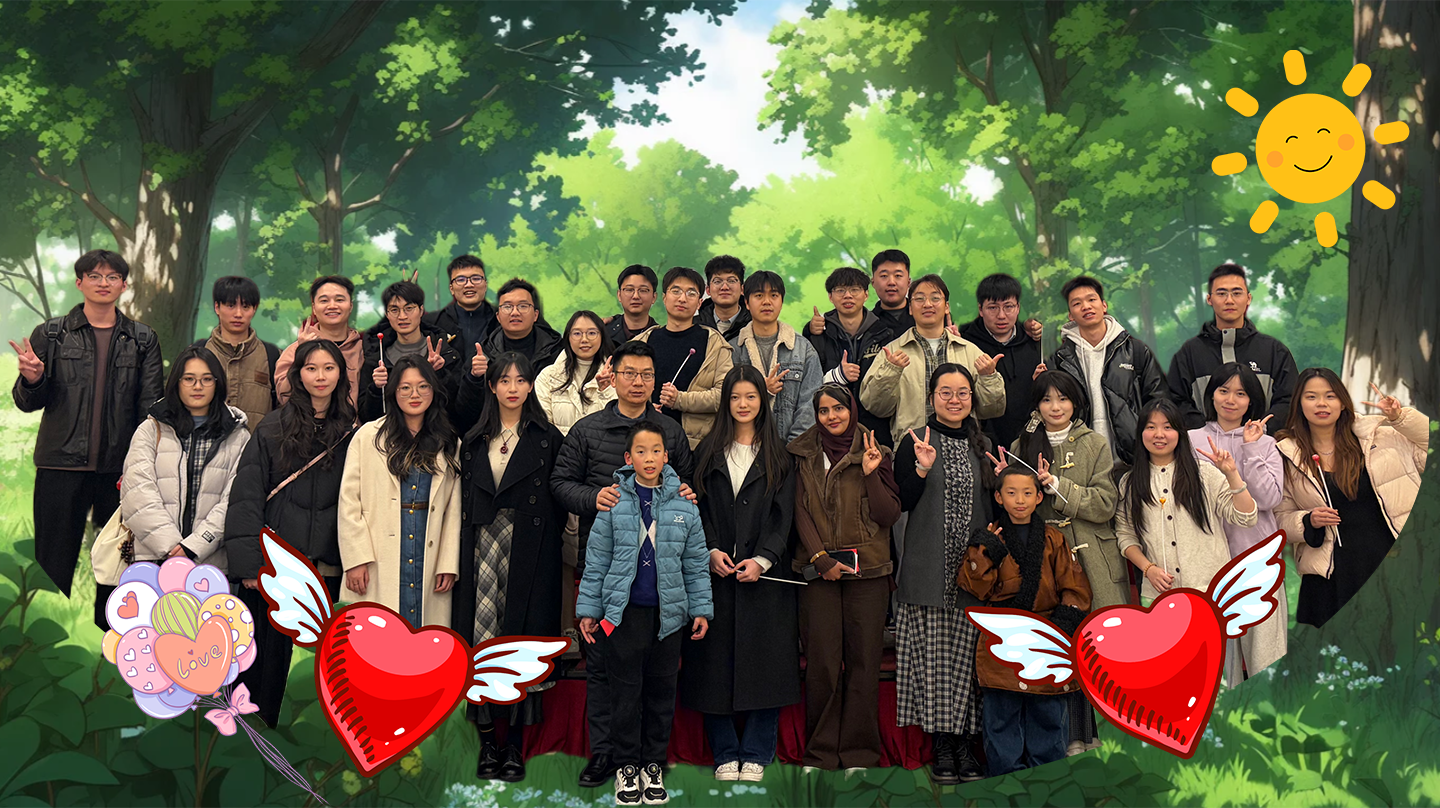About
Who We Are

This is a group photo of our laboratory members. Young and active, we are full of passion and energy, enjoy the works we do, love the laboratory we live.
Research Highlights
We focus on the research of theories, algorithms, and systems for biometrics, with applications to human biometric recognition, biometric security and forensics, animal biometrics, medical biometrics, 3D vision and scene modeling, and cultural computing.
- 2D/3D Face Detection & Alignment
- Fingerprint Processing & Recognition
- Pedestrian Detection & Re-Identification
- Facial Expression Recognition
- Face Morphing Attack Detection
- Deepfake Detection
- AI-generated Image Detection
- Document Tampering Detection
- Animal Individual Identification
- Animal Novel Category Discovery
- Animal Behavior Recognition
- Animal Image Generation
- 1
- 2
- 3
- Point Cloud Analysis
- 3D Generation
- Multi-Object Tracking
- Remote Sensing Detection & Generation
- Cultural Heritage Biometrics
- Digital Heritage Diagnostics
BRL
Institute of Image & Graphics, Sichuan University, No.24 South Section 1, Yihuan Road, Chengdu , China
+8628 85417865
